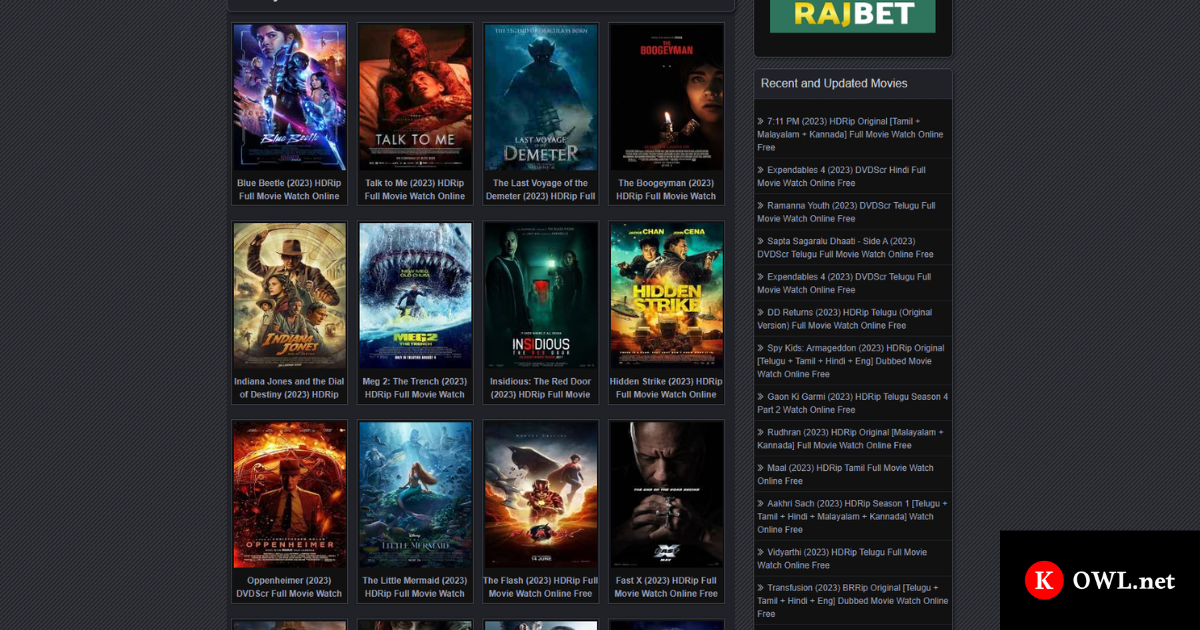Rulz Kannada: The Ultimate Guide To Mastering The Language
Welcome to the world of Rulz Kannada! If you're reading this, chances are you're either fascinated by the language, looking to learn it, or simply want to explore its depth. Whether you're a newbie or someone who's been dabbling in the language for a while, this guide will take you through everything you need to know about Rulz Kannada. So, buckle up, and let's dive in!
First things first, what exactly is Rulz Kannada? Well, Kannada is one of the oldest and most beautiful languages in India, spoken primarily in the state of Karnataka. But when we talk about "Rulz Kannada," we're diving into the rules, grammar, and nuances that make this language so unique. Think of it as the blueprint for mastering Kannada, where every rule has a purpose and every word has a story.
Now, you might be wondering why you should bother learning about Rulz Kannada. Well, let me break it down for you. Kannada isn't just a language; it's a culture, a tradition, and a way of life. By understanding its rules, you're not just learning words—you're unlocking a whole new world of communication. So, whether you're planning a trip to Karnataka, want to connect with Kannada-speaking friends, or simply love languages, this guide is for you.
- Drew Gulliver Onlyfans Your Ultimate Guide To The Creatorrsquos Rise And Content
- Discover The Power Of Mindfulness Meditation
Why Rulz Kannada Matters
Let's face it—languages are more than just a means of communication. They're a reflection of a community's history, values, and identity. And when it comes to Kannada, the rules of the language play a crucial role in shaping its beauty and complexity. Understanding Rulz Kannada isn't just about memorizing grammar; it's about appreciating the intricacies that make this language stand out.
Understanding the Basics
Before we get into the nitty-gritty, let's start with the basics. Kannada is a Dravidian language, which means it has its own unique script and grammar system. Unlike English, Kannada follows a subject-object-verb (SOV) structure, which can take some getting used to. But don't worry—we'll break it down step by step.
- Kannada uses an abugida script, which means each letter represents a consonant-vowel combination.
- The language has 49 primary letters, including 14 vowels and 35 consonants.
- Word order is crucial in Kannada, as it affects the meaning of the sentence.
Top 5 Rulz Kannada You Need to Know
Alright, now that we've covered the basics, let's dive into the top rules of Kannada that every learner should know. These aren't just random rules; they're the building blocks of the language. So, pay attention!
Rule 1: The Importance of Sandhi
Sandhi is a linguistic phenomenon where sounds or letters change when words are combined. In Kannada, sandhi rules are everywhere, and mastering them is key to fluency. For example, the word "nanna" (mine) changes to "nannu" when combined with certain words. Cool, right?
Rule 2: Verb Conjugation
Verbs in Kannada are conjugated based on tense, gender, and number. This might sound complicated, but with practice, it becomes second nature. For instance, the verb "honna" (to do) changes to "honnithu" in the past tense for the feminine gender.
Rule 3: Case System
Kannada has a well-defined case system, which determines the role of a noun in a sentence. There are six main cases: nominative, accusative, genitive, dative, instrumental, and locative. Each case has its own set of endings, so it's important to get familiar with them.
Rule 4: Pronouns
Pronouns in Kannada are pretty straightforward, but they do have some quirks. For example, the pronoun "naanu" (I) changes to "naanuva" in certain contexts. Plus, Kannada has both singular and plural forms for pronouns, so it's important to use the right one.
Rule 5: Numbers and Counting
Counting in Kannada is a bit different from English, but once you get the hang of it, it's a breeze. Numbers are written in both words and symbols, and there are specific rules for combining numbers in sentences. For example, "oru" (one) becomes "oruva" when used with certain nouns.
Exploring the Cultural Significance of Rulz Kannada
Language isn't just about words; it's about the culture behind it. Kannada has a rich history that dates back thousands of years, and its rules reflect the values and traditions of the Kannada-speaking community. From ancient inscriptions to modern literature, Rulz Kannada has played a vital role in preserving the heritage of Karnataka.
History of Kannada
Kannada is one of the oldest languages in India, with a history that spans over 2,000 years. The earliest known inscription in Kannada dates back to the 5th century CE, and the language has evolved significantly since then. Today, Kannada is spoken by over 40 million people and is recognized as a classical language by the Indian government.
Modern-Day Relevance
While Kannada has a rich history, it's also a vibrant and evolving language. Modern Kannada incorporates words and phrases from other languages, reflecting the globalized world we live in. However, the core rules of the language remain unchanged, ensuring that the beauty of Kannada is preserved for future generations.
Practical Tips for Learning Rulz Kannada
Learning a new language can be challenging, but with the right approach, it can also be incredibly rewarding. Here are some practical tips to help you master Rulz Kannada:
- Start with the basics: Focus on learning the alphabet, vowels, and consonants before moving on to complex grammar.
- Practice regularly: Consistency is key when it comes to language learning. Set aside a few minutes each day to practice reading, writing, and speaking Kannada.
- Use online resources: There are plenty of free resources available online, including apps, videos, and podcasts, that can help you learn Kannada at your own pace.
- Engage with native speakers: Nothing beats real-life conversations when it comes to language learning. Try to find a language partner or join a Kannada-speaking community.
- Be patient: Learning a new language takes time and effort, so don't get discouraged if you don't see results immediately. Keep practicing, and you'll get there!
Common Mistakes to Avoid
As with any language, there are certain mistakes that learners tend to make when studying Rulz Kannada. Here are a few to watch out for:
- Ignoring sandhi rules: Sandhi is a crucial part of Kannada, so make sure you understand how it works before moving on to more complex sentences.
- Forgetting verb conjugation: Verbs in Kannada change based on tense, gender, and number, so it's important to practice conjugation regularly.
- Skipping the case system: The case system might seem overwhelming at first, but it's essential for constructing grammatically correct sentences.
- Overusing English loanwords: While Kannada incorporates some English words, it's important to use them sparingly and focus on learning the native vocabulary.
Resources for Learning Rulz Kannada
Now that you know the basics, it's time to dive deeper into the world of Rulz Kannada. Here are some resources to help you on your journey:
Books
There are plenty of excellent books available for learning Kannada, ranging from beginner-level textbooks to advanced grammar guides. Some popular options include "Kannada Sari" and "Kannada Vyakarana." These books provide a comprehensive overview of the language and its rules.
Online Courses
If you prefer a more structured approach, online courses are a great option. Platforms like Coursera, Udemy, and Duolingo offer Kannada courses that cater to learners of all levels. These courses often include video lessons, quizzes, and interactive exercises to help you practice what you've learned.
Language Apps
Language apps like Memrise, Anki, and LingQ are perfect for on-the-go learning. These apps use spaced repetition techniques to help you memorize vocabulary and grammar rules more effectively. Plus, they're fun and engaging, so you won't even realize you're studying!
Conclusion
And there you have it—a comprehensive guide to mastering Rulz Kannada. Whether you're a beginner or an advanced learner, the key to success is consistency and practice. By understanding the rules, embracing the culture, and using the right resources, you'll be well on your way to fluency in no time.
So, what are you waiting for? Take the first step today and start exploring the world of Kannada. And don't forget to share your journey with us in the comments below. Who knows—you might just inspire someone else to learn this beautiful language!
Table of Contents:
- Why Rulz Kannada Matters
- Understanding the Basics
- Top 5 Rulz Kannada You Need to Know
- Exploring the Cultural Significance of Rulz Kannada
- Practical Tips for Learning Rulz Kannada
- Common Mistakes to Avoid
- Resources for Learning Rulz Kannada
- Hdhub4u 18 Everything You Need To Know About This Adult Content Platform
- Gina Wap The Queen Of Urban Rhythms And Bold Lyrics

Unraveling The Essence Of Rulz Kannada

Unveiling The Magic Of Rulz Kannada A Cultural Phenomenon

Exploring Rulz Kannada 2023 A Cultural Phenomenon